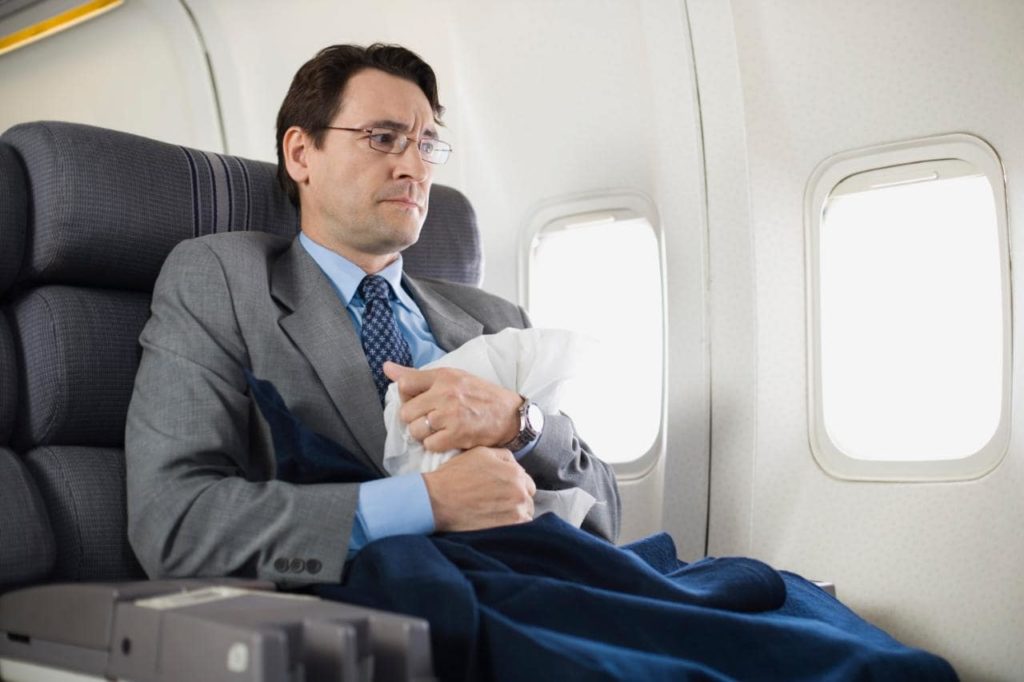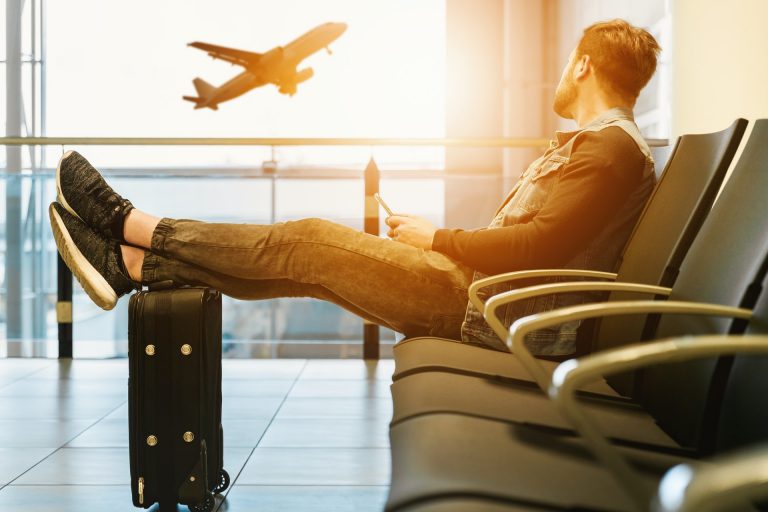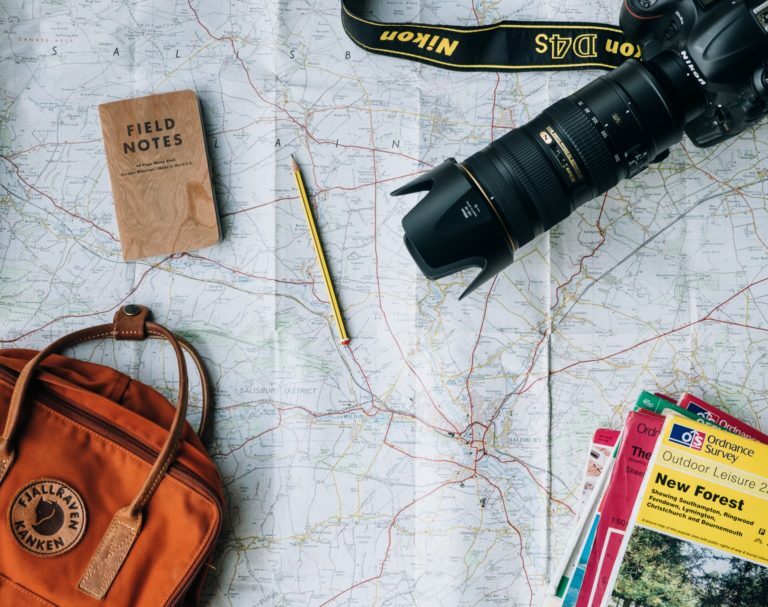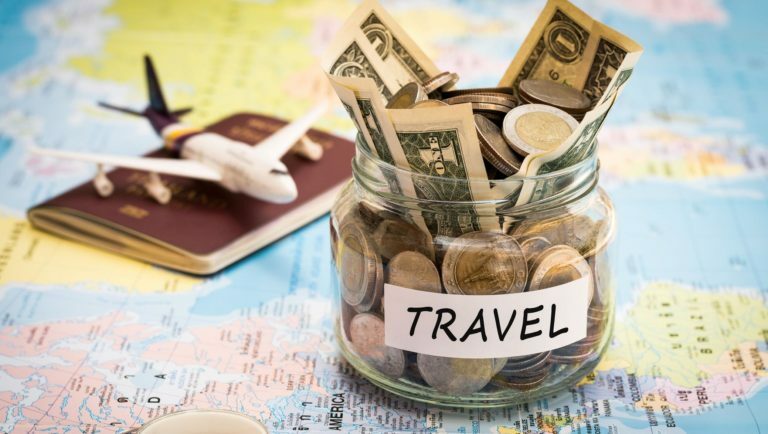Seeing the world is an exciting experience, but can often be daunting for those with a fear of flying. If you’re one of many who experience anxiety at the thought of boarding an aircraft, don’t fret. There are plenty of ways to cope with a fear of flying no matter the cause. Here are seven tips to settle your nerves for your next flight.
Plan Ahead
Anxiety often feeds on disarray and chaos. If you’re entering into a travel situation with no plans set in place, it can leave you vulnerable to other forms of anxiety. Be sure to research the area to which you’re flying, the requirements for security protocols at the airport, and your itinerary. You can find international travel insurance with iSelect to ensure your experiences are well protected and ease any fears associated with adventure. Having your international travel insurance set in place along with a clear itinerary creates harmony before stepping foot on the plane.
Find Tangible Coping Skills
To tackle your fears head-on, it’s key to understand where they come from. Working with a cognitive behavioral therapist can help to track down the underlying cause of your anxiety. For some, fear of flying stems from common phobias of heights, tight quarters, or leaving home. For others, the nerves come from past experiences in which a flight had technical difficulties or emergency landings. Whatever the cause, CBT can help to pinpoint triggers and create a tangible course of treatment to equip you for your next flight.
Select Your Seat
When booking your flight online, many airlines will allow you to choose your seat. If you enjoy the calm of beautiful views, choose a window seat to spend your flight taking in the sights as you pass above. If your fears stem from tight quarters or heights, choose an aisle seat where you can take breaks to walk around the cabin. If you’re seated at the end of the row, you won’t have to walk over others to get out or feel overcrowded having a person on either side. Be sure to choose a seat towards the front of the plane for easier on/offboarding and less turbulence.
Distract Yourself
One of the easiest ways to calm the storm of fear is to listen to something that comforts you. In the days leading up to your flight, don’t watch your favorite shows or listen to your go-to podcasts. Save just the right amount of screen and audio time to match your time in the air so you’re distracted by the shows you love. While many will prepare their favorite movies, if you’ve seen it before, it might not be enough to draw you in and away from your fears.
Familiarize Yourself With The Crew
Upon boarding, mention to the person at the gate that you have a fear of flying and inquire if it would be possible to meet the crew. Often, fears can be squelched when we feel comfortable with those responsible for our journeys. Most pilots and flight attendants are familiar with nervous flyers and can help you to understand what to expect. Feeling acclimated with the crew and reassured by their expertise can put your anxiety to rest.
Stay Hydrated
Before your flight takes off, make sure your stomach is full and your body is hydrated. If you’re sitting on a moving plane with an empty stomach, you’re prone to motion sickness that can trigger anxiety. Keeping a steady intake of water and snacks throughout your trip can settle your body physically and in turn relax your mind.
Sleep Through It
Create a playlist of soothing sounds or comforting music, put on noise-canceling headphones, and try to sleep through your flight. There are plenty of natural sleep aids if you’re hesitant to take medications from melatonin to lavender essential oils. If you’re traveling with a loved one, ask them to wake you after the plane has landed so you sleep through any turbulence, announcements, and the act of landing.












